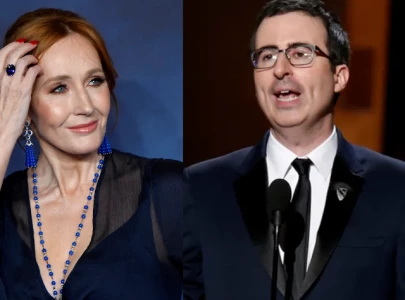
Pakistan has agreed to eventually grant most-favoured nation (MFN) status to India, making commitments and laying out a bilateral institutional framework designed to remove all hurdles to progress on that goal.
“The logical end of the trade talks would be to gradually grant India most favoured nation status,” said Commerce Secretary Zafar Mahmood. “Pakistan recognised that granting MFN status to India would help in expanding bilateral trade relations and both sides agreed to remove non-tariff barriers and all other restrictive practices.”
At the final day of the fifth round of bilateral trade talks between India and Pakistan, Islamabad agreed to abolish by October its ‘positive list’ of items that it allows India to export and replacing it with a ‘negative’ list of items that will be explicitly prohibited.
Currently, Pakistan has a list of 1,946 items that it allows imports of from India. Moving to a ‘negative’ list would prohibit a specific number of items and permit everything else, expanding the scope of trade with India. New Delhi already has a similar approach, with a ‘sensitive’ list of 850 items that it restricts trade in.
Both countries have also established a joint working group, with specific deadlines and goals to achieve a reduction in non-tariff barriers to trade – such as burdensome regulations, import quotas, etc – and eventually leading up to Pakistan granting MFN status to India.
Pakistan’s historical complaint with India has been the excessive red tape that hinders a free flow of trade. For its part, the Indian delegation, led by Indian Commerce Secretary Rahul Khullar, said that there are no non-tariff barriers to trade specific to Pakistan that they are aware of and that if Pakistani businessmen have any complaints, they should refer them to the joint working group on the matter.
Both sides were keen to delink trade talks from politics. The creation of the joint working group was cited as an indication of the institutionalisation of trade talks.
“This round was much more comprehensive and productive as both countries have created an institutional framework and a clear cut mechanism which will be irreversible,” said Mahmood. He went on to say that trade talks, particularly MFN status for India, was never linked to the Kashmir dispute.
Both countries also expressed the intent to enter into a preferential trade agreement to further facilitate cross-border commercial exchanges. They also agreed to fast-track licensing for bank branches for each other’s banks. However, both sides only issued a joint statement and did not move towards a formal agreement on the matter.
Pakistan has agreed to India’s request to expand the scope of land trade with India and drop its current restrictions by October 2011, when a second gate will be opened on the Wagah-Attari border, including an integrated check-post. Customs officials from both sides also agreed to meet more frequently to resolve issued faced by traders.
The joint working group on non-tariff barriers will meet in September, as will another group of technical experts to explore the possibility of Pakistan importing electricity and petroleum products from India. Each of these groups has been created to reduce the level of mistrust between both sides.
Neither side, however, discussed the multilateral issues of trade that have occurred between the two countries. Pakistan was not willing to discuss India’s trade with Afghanistan that passes through Pakistan whereas India was unwilling to discuss its opposition to trade concessions by the European Union to Pakistan.
Published in The Express Tribune, April 29th, 2011.
COMMENTS (75)
Comments are moderated and generally will be posted if they are on-topic and not abusive.
For more information, please see our Comments FAQ



1731975305-0/Untitled-design-(40)1731975305-0-165x106.webp)
1731975060-0/Untitled-design-(39)1731975060-0-165x106.webp)












the UN mandated referendum is supposed to be held all over jammu and kashmir which includes Pak held kashmir and even the part of Kashmir " gifted " to China by Pakistan...... pls read the relevant UN resolution before making such comments